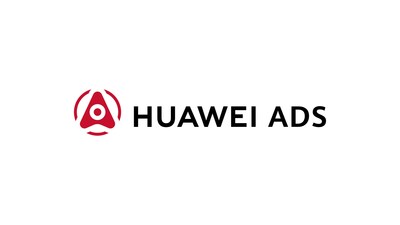
Huawei's Intelligent Automotive Solutions Boost New Energy Vehicles in China
Huawei's Impact on China's Automotive Industry
In recent years, China's automotive market has witnessed a dramatic shift towards new energy vehicles (NEVs), particularly in 2024, which has marked a pivotal moment for this sector. With the advent of various NEVs featuring cutting-edge technology from Huawei, the automotive landscape is changing rapidly. Among the vehicles making waves in this arena are the Voyager Dream MPV from Dongfeng and the Deepal L07 from Chang'an Automobile. Notably, the Voyager Dream MPV has become the first vehicle to incorporate Huawei's advanced driving system, ADS 3.0.
A New Era of Smart Driving
Huawei's Advanced Driving System (ADS) 3.0 signifies an evolution in smart vehicle navigation, integrating essential sensor technologies such as lidar, cameras, and millimeter-wave radar. This comprehensive approach to vehicle direction enhances safety while simplifying the driving experience. The introduction of voice command functionality via Huawei's HarmonyOS allows drivers to control navigation and vehicle settings effortlessly. Moreover, features such as HUAWEI SOUND optimize audio experiences through innovations in acoustic technology.
The growing preference for NEVs is highlighted by a significant milestone in July 2024, when sales of new energy vehicles overtook those of traditional gasoline-powered automobiles for the first time. This transition marks a notable shift in consumer behavior, indicating an increased interest in eco-friendly smart vehicles among Chinese consumers.
Intelligent Cockpit Revolution
Beyond driving innovation, Huawei's solutions extend to the vehicle's cockpit. The HarmonyOS-based system enables seamless voice interaction, making navigation and control intuitive for users. This user-friendly interface complements the vehicle's intelligent optical systems, which integrate advanced optical technologies, like heads-up displays and smart lighting modules.
The Intelligent Digital Vehicle Platform (IDVP) developed by Huawei further pushes the envelope, promoting the concept of software-defined vehicles (SDVs). This is a service-oriented architecture enabling automakers to deliver increasingly personalized experiences, ensuring vehicles are constantly updated and optimized for user needs.
A Future with Intelligent Vehicles
Furthermore, initiatives like HUAWEI XMOTION, which offers comprehensive control over the vehicle's body position, demonstrate Huawei's commitment to refining the driving experience. Enhanced capabilities allow for six degrees of freedom, providing a more adaptable and secure driving environment for consumers.
Huawei's dedication to automotive innovation is further exemplified through its intelligent vehicle cloud, facilitating an integrated customer experience throughout the vehicle life cycle. This includes remote diagnostics, performance monitoring, and proactive vehicle care services, delivering a full spectrum of support from purchase to post-sale.
As Huawei continues to invest in smart vehicle technologies, the company anticipates collaborations with more automotive manufacturers, driving further adoption of intelligent systems. The synergy between advanced tech and automotive, initiated by Huawei, shapes a promising future for the global automotive landscape, paving the way for more efficient, safer, and smarter vehicle options.
Through these strategic innovations, Huawei's influence spans the automotive industry, cementing its role as a leader in delivering intelligent solutions that not only boost functionality but also enhance the overall driving experience. China's automotive sector is on a transformative journey, and with Huawei at the forefront, the horizon looks bright for new energy vehicles.

Topics Other)










【About Using Articles】
You can freely use the title and article content by linking to the page where the article is posted.
※ Images cannot be used.
【About Links】
Links are free to use.